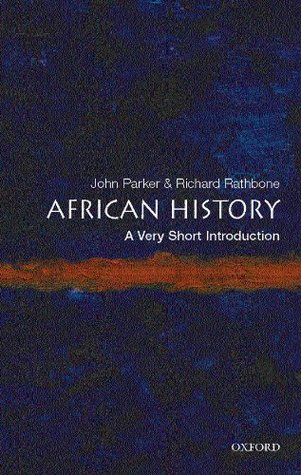More on this book
Kindle Notes & Highlights
by
John Parker
Read between
November 27, 2022 - February 4, 2023
ZAPU
(Zimbabwe African People’s Union)
These two cases illustrate a number of themes
a concern with intellectual history; that is, the ways and means by which people have thought about things and have represented them.
‘cultural-linguistic turn
postmodernism.
influence of the present over perceptions of the past has been evident
a shift in the 1970s beyond the initial focus on state-building towards what can be described as political economy.
‘dependency theory’
more historians concerned themselves with exploring the underlying rhythms of everyday life.
they needed evidence: the written records and oral testimonies that reveal the actions, motivations, beliefs, and aspirations of common people.
The language of witchcraft, in short, has been used to explain the ‘vampiric’ power of the colonial and postcolonial state, just as in earlier times it seems to have been used to comprehend the malevolence of the slave trade.
Historical memory,
is often ‘performed’
genres
entangled with written history,
memory,
is selective.
the one narrative that has most often been laid across older, deeper currents is that of nationalism.
‘contemporary’
seems to be broadly synonymous with the postcolonial era.
Slave Trade Act.
history writing should be an academic exercise or a political project.


